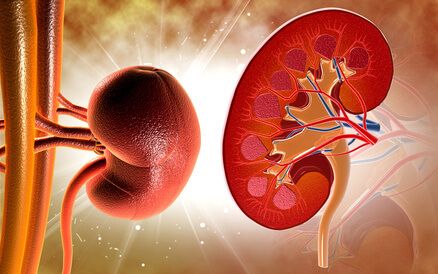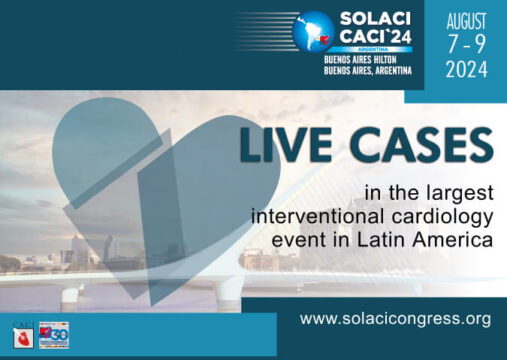This review published in JACC focuses on the foods we shood consume rather than the foods we should avoid eating (the latter being the most common focus).

In this regard, the Mediterranean diet, with fish as protein source, should be the gold standard, the ultimate goal being to extend life expectancy.
Promoting cardiovascular health based on a diet rich on vegetables, fruits, tree nuts, seeds, legumes, whole grains, and extra virgin olive oil, is optimal, in addition to small amounts of fish/seafood, and dairy ferments (such as cheese).
The idea is to balance pros and cons of vegetable vs. meat consumption.
Today, most of the population consumes too many animal products and, to make matters worse, these have been highly processed and are rich in saturated fats and chemical additives (preservatives, flavoring, etc.).
Read also: Dietary Supplements and Diets Show No Impact on Cardiovascular Risk.
Most guidelines on diets from 2015 to 2020, such as the ACC 2019 Primary Prevention Guidelines, recommend the classic Mediterranean diet.
This diet called “Pesco-Mediterranean” is based on the classical one, only it incorporates fish and sea food as the choice of animal protein.
It also points out we should consume non-caloric beverages: water and eventually tea or coffee. It can also be combined with intermittent fasting.
Read also: Effects of Health Promotion Since Childhood.
Many diets “in fashion” such as those based on low carb consumption, are based on unhealthy consumption of meats.
On the other side of this equation, many vegetarians complete the calories in their diets with bad quality fried and processed foods. Fried potatoes are definitely vegetarian, but this does not necessarily make them healthier.
Also in fashion are the ketogenic diets (keto diets) that take some time to get used to and make people feel and look well on the outside, but looked closer, lipid analysis will show different.
The idea is not to target cardiovascular health but health in general, to reduce mortality as a whole, not just cardiovascular mortality.
When consuming alcohol, it is best to consume red wine and to do so with food. Consumption should not be higher than 180 ml/day for women and 180-360 ml/day for men.
The Mediterranean diet is based largely on vegetable intake and reduced meat and dairy consumption. Mind you, Mediterranean diet does not equate Mediterranean cuisine, where Lamb and cheese are abundant.
Read also: Is Alcohol Good, Bad, or Neutral for Cardiovascular Health?
We must also highlight the fact that fish is the choice of animal protein, over read meat and poultry, and should the entire population switch to this diet, all the fish in the world would not be nearly enough.
Furthermore, even the wildest fish from the farthest corners of the ocean have significant amounts of biphenyls, dioxins, heavy metals, phosphates, and micro-plastic.
All this said, animal protein should only be the side dish.
Last but not least, it is changing consumption habits what will make a difference at long term. Therefore, in order reap the benefits of a healthy diet, it should be sustainable over time.
Original Title: A Pesco-Mediterranean diet with intermittent fasting: JACC review topic of the week.
Reference: O’Keefe JH et al. J Am Coll Cardiol. 2020;76:1484-1493. DOI: 10.1016/j.jacc.2020.07.049.
Get the latest scientific articles on interventional cardiologySubscribe to our weekly newsletter
We are interested in your opinion. Please, leave your comments, thoughts, questions, etc., below. They will be most welcome.





